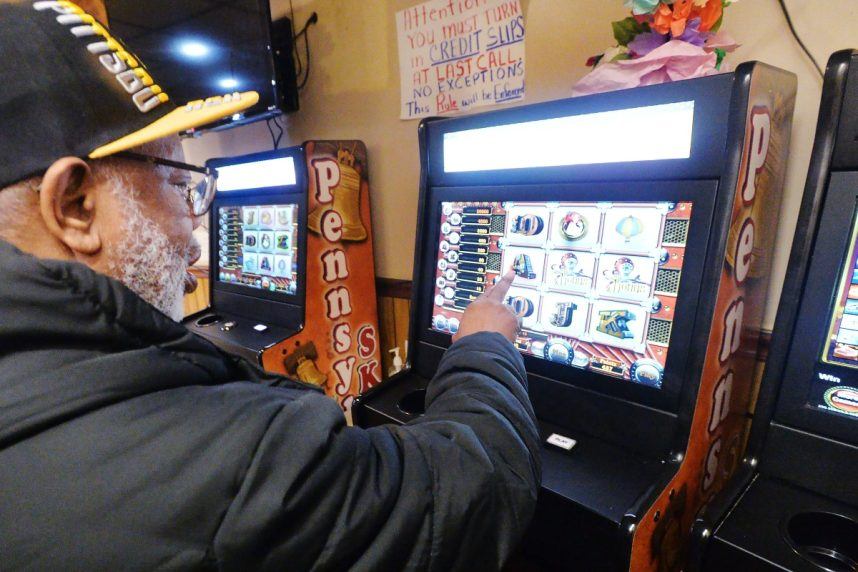Posted on: October 30, 2024, 11:10h.
Last updated on: October 30, 2024, 11:14h.
The Pennsylvania town where Parx Casino operates just north of Philadelphia has passed a local ordinance that bans so-called skill games that mimic traditional casino slot machines but have slight variations in gameplay.

On Monday night, the Bensalem Township Council and Mayor Joseph DiGirolamo (R) adopted an ordinance prohibiting real money gambling on skill machines. The measure becomes effective in 10 days, on November 7.
Unlike the slot machines at Parx, which automatically award winnings to the player, a skill device requires the player to identify and tap on winning symbol combinations.
Advocates of skill games argue that players can influence a machine’s payout rate unlike a slot machine, and therefore, the machines do not constitute gambling due to the skill element involved. State courts have ruled that skill games are not covered by the Pennsylvania Gaming Act, although the state’s Supreme Court is reviewing those decisions.
The Bensalem ordinance prohibits skill games, often known as Pennsylvania Skill, in all establishments except those with state-issued liquor licenses.
We’ve observed an increase in these machines in various types of businesses, and we’ve also seen it attract a criminal element,” said Bensalem Public Safety Director William McVey.
For businesses holding liquor licenses, the ordinance mandates that skill games must be visible to employees, inaccessible to individuals under 18, and equipped with video surveillance. Businesses without liquor licenses that continue to offer skill games will face a daily fine of $1,000.
Addressing Parx’s Concerns?
Parx is the wealthiest casino among Pennsylvania’s 17 land-based gaming establishments.
In return for hosting a Category 2 casino or a standalone casino, Bensalem and Bucks County receive 2% of Parx’s gross gaming revenue from retail slots, table games, and on-site and online sports betting. In the fiscal year 2023-24, the local share assessment totaled over $11.7 million from various sources.
The owners of Parx, one of only two smoke-free casinos along with Parx Casino Shippensburg, have been vocal opponents of skill games. In June, Greenwood Gaming and Entertainment announced the suspension of its hotel construction plans at the Parx Bensalem site due to concerns about the impact of skill games on its business.
Until we have more clarity on these issues, we were not comfortable investing a nine-figure sum,” said Marc Oppenheimer, Parx’s chief marketing officer.
Instead of constructing a hotel, Parx chose to acquire a nearby hotel and invest in renovating the former Inn at Fox Chase.
Disappointment from Skill Manufacturer
Pace-O-Matic, the Georgia-based developer of the popular Pennsylvania Skill games manufactured by Pennsylvania firm Miele Manufacturing, believes the Bensalem Council is favoring the casino over small businesses.
Pennsylvania Skill is concerned that the measure passed by Bensalem Township will negatively impact small family-owned businesses and fraternal clubs that benefit from the additional revenue from skill games. While acknowledging the issue of illegal gambling machines in communities, an outright ban on legal skill games is not the solution,” said POM spokesperson Mike Barley.
POM is expected to challenge the Bensalem ordinance in court.
Bensalem law enforcement officials have dealt with “several criminal incidents” linked to skill gaming machines in the past year. Township councilors believe that restricting games to establishments serving alcohol will prevent gambling in places frequented by minors and families.
Bensalem’s ban on skill games follows a similar ordinance enacted by the Philadelphia City Council in February 2024.


